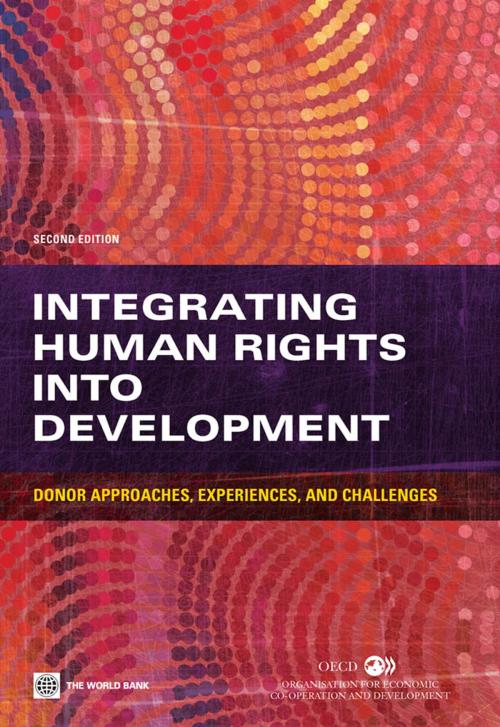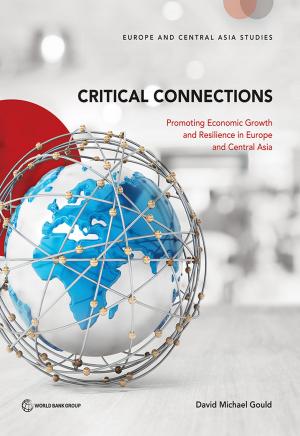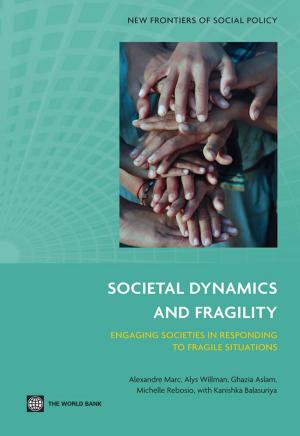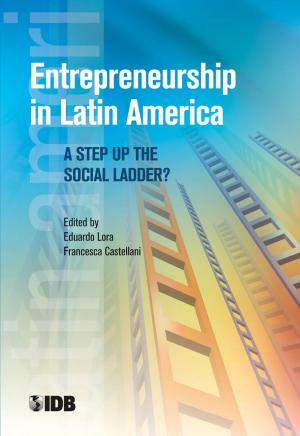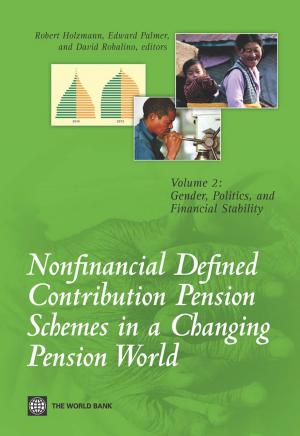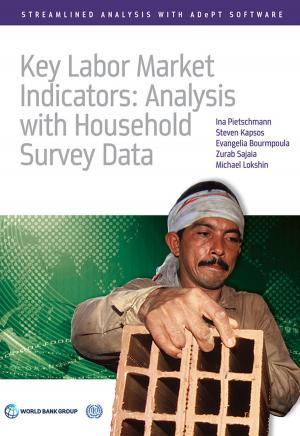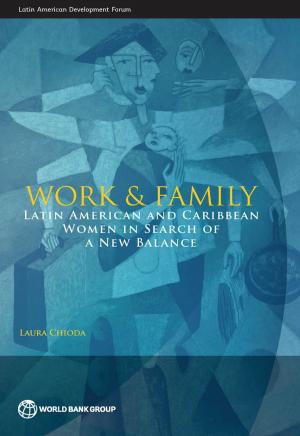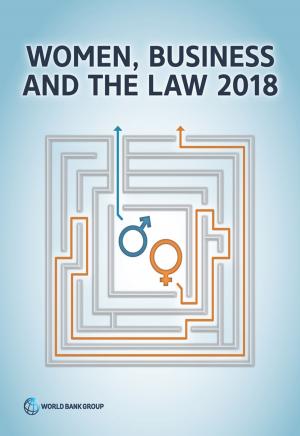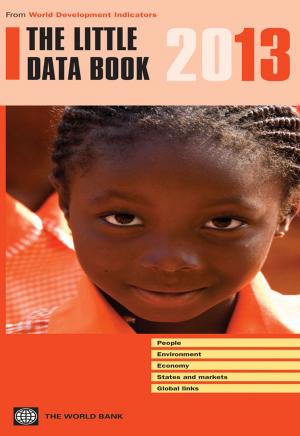Integrating Human Rights into Development, Second Edition
Donor Approaches, Experiences, and Challenges
Business & Finance, Economics, Economic Development, Nonfiction, Social & Cultural Studies, Political Science, International| Author: | OECD, World Bank | ISBN: | 9780821396223 |
| Publisher: | World Bank Publications | Publication: | March 7, 2013 |
| Imprint: | Language: | English |
| Author: | OECD, World Bank |
| ISBN: | 9780821396223 |
| Publisher: | World Bank Publications |
| Publication: | March 7, 2013 |
| Imprint: | |
| Language: | English |
The past two decades have witnessed a convergence between human rights and development, particularly at the level of international political statements and policy commitments. This phenomenon is captured in milestones such as the 2007 OECD DAC Action Oriented Policy Paper on Human Rights and Development (“AOPP”), the 2010 UN World Summit Outcome Document, the commitments of the 2005 and 2011 High-Level For an Aid Effectiveness in Accra and Busan. The connections between rights violations, poverty, exclusion, environmental degradation, vulnerability and conflict continue to be explored and better understood. More positively, there is growing recognition of the intrinsic importance of human rights in a range of contexts, as well as their potential instrumental relevance for improving development processes and outcomes. This second edition of Integrating Human Rights into Development: Donor Approaches, Experiences and Challenges consolidates the research and findings complied in 2006 with relevant developments that have occurred in the intervening six years. It brings together the key political and policy statements of recent years with a discussion of the approaches and experiences of bilateral and multilateral agencies engaged in integrating human rights in their development cooperation activities in a variety of ways. Despite rapid changes in the donor landscape and acute budget pressures resulting from the financial crisis, the experience of the past six years also attests to the sustained commitment of OECD member countries and multilateral donors to engage with human rights strategically, as a means for improving the ways they deliver and manage aid and the quality of development co-operation.
The past two decades have witnessed a convergence between human rights and development, particularly at the level of international political statements and policy commitments. This phenomenon is captured in milestones such as the 2007 OECD DAC Action Oriented Policy Paper on Human Rights and Development (“AOPP”), the 2010 UN World Summit Outcome Document, the commitments of the 2005 and 2011 High-Level For an Aid Effectiveness in Accra and Busan. The connections between rights violations, poverty, exclusion, environmental degradation, vulnerability and conflict continue to be explored and better understood. More positively, there is growing recognition of the intrinsic importance of human rights in a range of contexts, as well as their potential instrumental relevance for improving development processes and outcomes. This second edition of Integrating Human Rights into Development: Donor Approaches, Experiences and Challenges consolidates the research and findings complied in 2006 with relevant developments that have occurred in the intervening six years. It brings together the key political and policy statements of recent years with a discussion of the approaches and experiences of bilateral and multilateral agencies engaged in integrating human rights in their development cooperation activities in a variety of ways. Despite rapid changes in the donor landscape and acute budget pressures resulting from the financial crisis, the experience of the past six years also attests to the sustained commitment of OECD member countries and multilateral donors to engage with human rights strategically, as a means for improving the ways they deliver and manage aid and the quality of development co-operation.
